Labyrinths
 Labyrinths by Jorge Luis Borges (1964). Simultaneously philosophical and nightmarish, this collection of short stories, parables, and essays popularized both Latin American magic realism as well as metafiction.
Labyrinths by Jorge Luis Borges (1964). Simultaneously philosophical and nightmarish, this collection of short stories, parables, and essays popularized both Latin American magic realism as well as metafiction.
 Labyrinths by Jorge Luis Borges (1964). Simultaneously philosophical and nightmarish, this collection of short stories, parables, and essays popularized both Latin American magic realism as well as metafiction.
Labyrinths by Jorge Luis Borges (1964). Simultaneously philosophical and nightmarish, this collection of short stories, parables, and essays popularized both Latin American magic realism as well as metafiction.
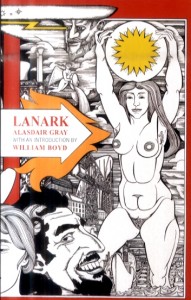 Lanark: A Life in Four Books by Alasdair Gray (1981). In the maverick Scottish author’s testy allegory, four (eccentrically illustrated) “books,” which are presented nonsequentially, trace the lives of two protagonists who are a single frustrated artist. Grim naturalism depicts Glaswegian painter Duncan Thaw’s losing battles with public indifference and chronic illness.
Lanark: A Life in Four Books by Alasdair Gray (1981). In the maverick Scottish author’s testy allegory, four (eccentrically illustrated) “books,” which are presented nonsequentially, trace the lives of two protagonists who are a single frustrated artist. Grim naturalism depicts Glaswegian painter Duncan Thaw’s losing battles with public indifference and chronic illness.
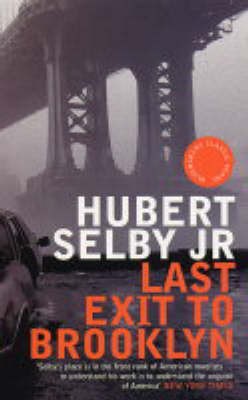 Last Exit to Brooklyn byHubert Selby, Jr. (1957). This stylistically uncompromising and innovative, gritty and notorious novel is a famously bleak, foul-mouthed and frank collection of six linked stories set in the violent neighbourhoods of Brooklyn. Selby brings out the dope addicts, hoodlums, prostitutes, workers, and thieves brawling in the borough’s back alleys of Brooklyn.
Last Exit to Brooklyn byHubert Selby, Jr. (1957). This stylistically uncompromising and innovative, gritty and notorious novel is a famously bleak, foul-mouthed and frank collection of six linked stories set in the violent neighbourhoods of Brooklyn. Selby brings out the dope addicts, hoodlums, prostitutes, workers, and thieves brawling in the borough’s back alleys of Brooklyn.
 Leaves of Grass by Walt Whitman (1855–91). Whitman spent half his life writing, revising, and republishing this collection, which is, at heart, a love song to the idea of America. Uneven and exuberant, Whitman acknowledges that “I celebrate myself, and sing myself,” yet he celebrates all of America in his long-lined free verse.
Leaves of Grass by Walt Whitman (1855–91). Whitman spent half his life writing, revising, and republishing this collection, which is, at heart, a love song to the idea of America. Uneven and exuberant, Whitman acknowledges that “I celebrate myself, and sing myself,” yet he celebrates all of America in his long-lined free verse.
Les Liaisons Dangereuses by Pierre Choderlos de Laclos (1782). A candidate for “most cynical fiction ever penned,” the story features two charming but depraved aristocrats, the Marquise de Merteuil and the Vicomte de Valmont, who try to relieve their boredom by plotting the seduction of a young virgin and a virtuous wife.
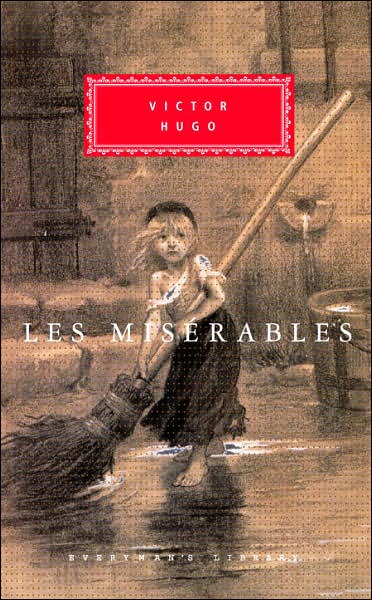 Les Misérables by Victor Hugo (1862). Twenty years in the writing, this masterpiece of melodrama sweeps across unspeakable poverty, assumed identities, the sewers of Paris, and the battle of Waterloo while also making time for love, politics, architecture, history, and Hugo’s burning invective against social inequities.
Les Misérables by Victor Hugo (1862). Twenty years in the writing, this masterpiece of melodrama sweeps across unspeakable poverty, assumed identities, the sewers of Paris, and the battle of Waterloo while also making time for love, politics, architecture, history, and Hugo’s burning invective against social inequities.
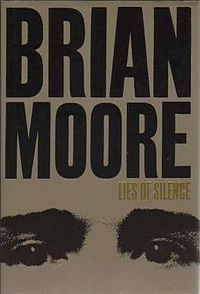 Lies of Silence by Brian Moore (1990). A failed Irish poet who loathes his country decides to run away with his mistress to London. But then IRA terrorists snatch his shrewish wife, threatening to kill her unless he parks an explosive-laden car outside a hotel where a Protestant minister will be speaking.
Lies of Silence by Brian Moore (1990). A failed Irish poet who loathes his country decides to run away with his mistress to London. But then IRA terrorists snatch his shrewish wife, threatening to kill her unless he parks an explosive-laden car outside a hotel where a Protestant minister will be speaking.
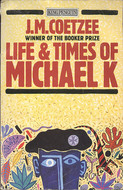 Life & Times of Michael K by J. M. Coetzee (1983). A retarded, nearly mute, harelipped man goes native in a South Africa torn by civil war, living off the land before being picked up and passed among institutions.
Life & Times of Michael K by J. M. Coetzee (1983). A retarded, nearly mute, harelipped man goes native in a South Africa torn by civil war, living off the land before being picked up and passed among institutions.
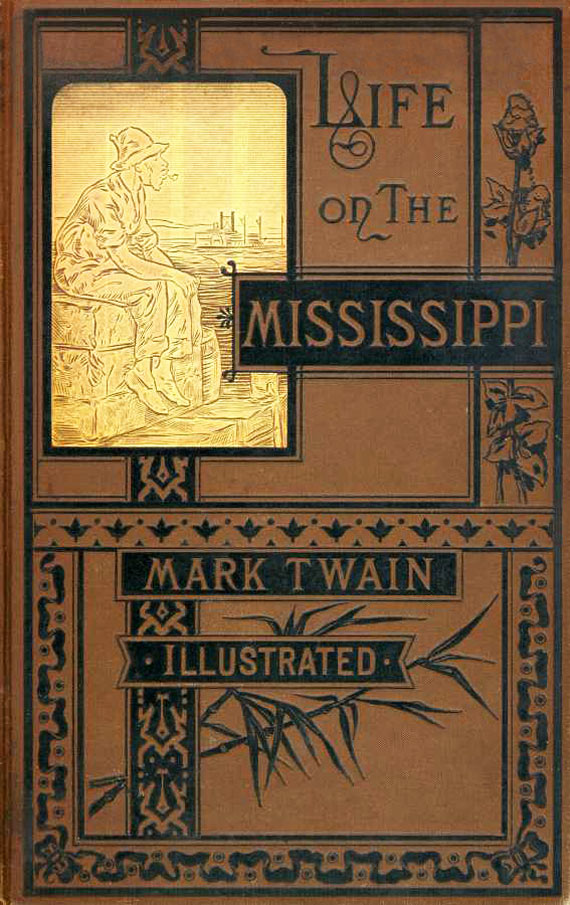 Life on the Mississippi by Mark Twain (1883). This isn’t a book, but a two-part time machine. The first part is a work of literature, as Twain reimagines his salad days as a cub pilot learning to navigate the “fickle Mississippi.” His vivid you-are-there prose transports readers to the untamed land filled with rough-hewn people.
Life on the Mississippi by Mark Twain (1883). This isn’t a book, but a two-part time machine. The first part is a work of literature, as Twain reimagines his salad days as a cub pilot learning to navigate the “fickle Mississippi.” His vivid you-are-there prose transports readers to the untamed land filled with rough-hewn people.
 Life: A User’s Manual by Georges Perec (1978).
Life: A User’s Manual by Georges Perec (1978).
Appreciation of Georges Perec’s Life: A User’s Manual by Arthur Phillips